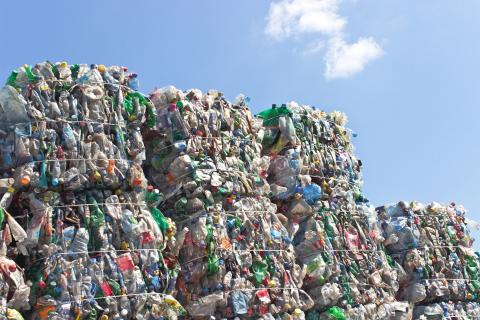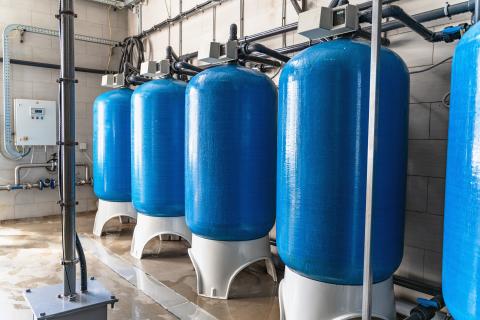
conservation
environmental conservation & environmental management
Environmental conservation involves the practice of protecting the natural environment on individual, organizational, or governmental levels, for the benefit of both the natural world and humans. Environmental conservation and environmental management are closely linked, focusing on sustainable practices and the protection of natural resources.
Recycling is a fundamental aspect of environmental management that significantly contributes to conservation. Recycling reduces the need for extracting new raw materials, thereby conserving natural resources such as timber, water, and minerals. Water treatment exemplifies how environmental management practices implement conservation principles to protect water quality and ensure it remains a sustainable resource. Water treatment processes are essential in managing pollution levels, ensuring harmful chemicals and waste products do not contaminate water bodies.

Recycling is the process of collecting and processing materials that would otherwise be thrown away as trash and turning them into new products. The recyclability of a material depends on its ability to reacquire the properties it had in its original state.
learn more
Water treatment plays a critical role in both environmental conservation and management by ensuring the sustainable use and quality of water resources. Water treatment processes remove contaminants from used water before it is released back into the environment, helping to maintain the natural quality of water bodies. This is crucial for the conservation of aquatic ecosystems and the broader environment.
learn more